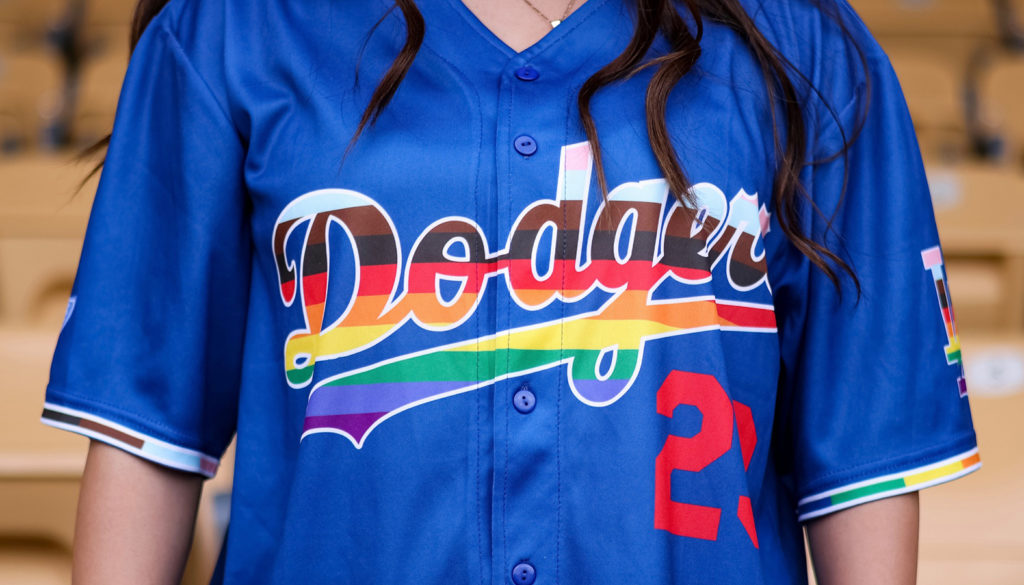One of the slogans that has become more common in recent years is “hate has no home here,” a message often proudly displayed in front of homes and businesses.
Maybe it’s because my first instinct is to question the received wisdom of the dominant group, but I’ve regularly asked critical questions about such signs. Some of those questions, I’ll admit, are needlessly contrarian or nitpicky: “Really? Aren’t there things that are good to hate? Like racism and sexism?” Or, “The sign contradicts itself — it is essentially claiming to hate hatred!”
But there are more substantial questions that are worth asking. Like: “What do you define as hate? Is having a different view about sex and gender an example of hatred? Is advocating for prenatal justice hatred? Does hatred merely turn out to be the motivation of those you disagree with?”
I don’t ask these questions in the abstract. They came directly from my personal experience living as a Roman Catholic in the United States. I live in a culture where I am afraid to mention that I was an altar boy in my youth, there being a reasonable chance someone makes a disgusting and offensive joke at my expense and that of the Faith I hold dear. Indeed, the anti-Catholic trope behind such jokes is now so embedded in our culture that you can likely fill in the details yourself. But such jokes almost never get recognized as “hateful.”
About two decades ago, my former Fordham colleague Father Mark Massa, SJ, wrote a masterful and scholarly book titled “Anti-Catholicism in America: the Last Acceptable Prejudice” (Herder & Herder, $24.95). In the book, Massa winsomely collects the disturbing data: From political gamesmanship and exclusion to the bizarre way we teach children the Galileo affair, our supposedly tolerant culture looks the other way when it comes to anti-Catholic bigotry. Indeed, in many circumstances we are even permitted to crack a shared smile about the supposed truth conveyed by the joke.
Today, the biggest voices in our culture — often those of elite institutions — like to declare themselves as tolerant, especially toward religious points of view that mean so much to so many. Anti-Muslim bigotry, for instance, is regularly and rightly called out as hate and simply not permitted.
But it is not so with anti-Catholic bigotry. Breathless articles have been written, for example, about the concerning numbers of Catholics on the Supreme Court — some even calling Catholic justices to recuse themselves in certain cases specifically because of their Catholicism. The words of Democratic Sen. Dianne Feinstein of California telling Amy Coney Barrett that “the dogma lives loudly” within her during a 2017 nomination hearing embodied a similar sentiment.
In most circumstances the anti-Catholic bigotry is understated, hidden, or even genuinely not understood to be bigotry. That’s how historical and structural injustice works — it is so much a part of the way that the dominant group sees the world it isn’t recognized as anything other than “the way things are.”
But for some groups, like the Sisters of Perpetual Indulgence, public mockery and belittlement of things which Catholics hold sacred are at the heart of their identity.
Its members, mostly gay men, dress up in ways that mock the attire, manner, and commitments of Catholics women religious. They publicly urge others to follow their motto: “Go and sin some more!” They go by religious names that are too vulgar and sacrilegious for print on this website. And each Easter — the most sacred holiday for Catholics and other Christians — the Sisters of Perpetual Indulgence host a “Hunky Jesus Peep Show.”
Can you imagine what would happen if an equivalently hateful mocking of Islam took place in the U.S.? (Offering examples of what that would look like would be so offensive that I refuse to even write them down). But we have special permissive rules for anti-Catholicism, and for decades our culture has looked the other way at the bigotry and hate coming from the Sisters of Perpetual Indulgence.
Enter the Los Angeles Dodgers, who have raised the stakes of the anti-Catholic game. Refusing to merely look the other way or make jokes on the down-low, they have graduated to celebrating and indeed groveling before the goodness of the Sisters of Perpetual Indulgence. Originally deciding to uninvite them from their Pride event at Dodger Stadium this coming June, upon further review — and massive public pressure — they offered the sisters a contrite apology, high praise for their work, and a place of honor at the event.
The Los Angeles Dodgers ultimately decided to give hate a home.
Some will no doubt point to good work that the group has done in affirming the human dignity of populations that identify as LGBT. But good work does not give anyone an excuse for honoring and giving a home to a hate group that targets a particular religion. This move is especially disturbing given that many of the major power players are white, and so many ethnic communities of color in the Los Angeles area are deeply and profoundly Catholic.
And it is obviously not at all necessary to mock and denigrate a religion in order to support a marginalized category of people. Indeed, there are plenty of deeply faithful Catholics who identify as part of this community. Many are among the most fantastic witnesses to the fullness of the truth of the Faith. Making people choose between the dignity of persons who identify as LGBT and the dignity of the Catholic faith is an utterly false choice.
But the Dodgers have made their choice clear. The question is how others will respond to their choice.

